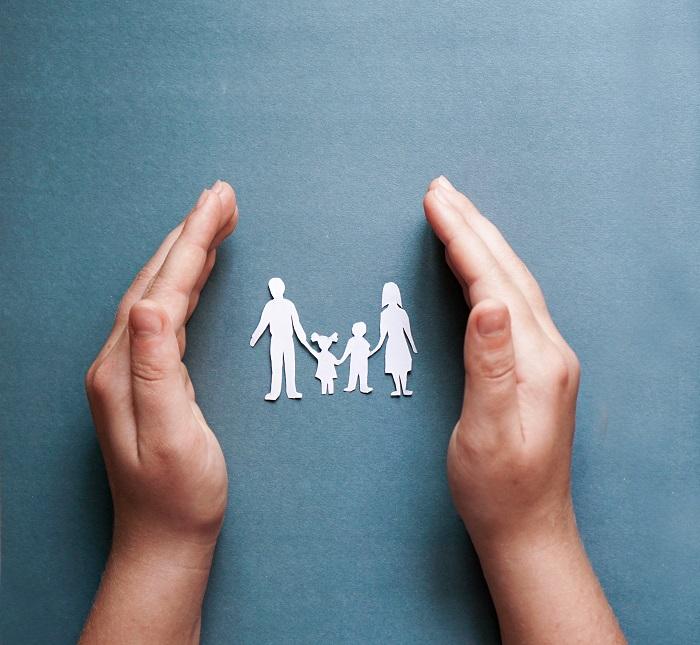Family Immigration
Bringing Families Together In The U.S.

One of the most rewarding parts of my practice is the opportunity to bring families together to pursue temporary or permanent opportunities in America. I see the challenges people face every day being separated from their spouse, fiancé(e), children, parents or siblings, and I take pride in my reputation for helping clients reach their immigration goals.
I work with individuals who are seeking marriage, fiancé(e) and family visas to pursue or extend residency in the United States. I bring a passion for my work, a proven record of success and a commitment to client service to every case.
Fiancé(e):
If you are not yet married, a K-1 non-immigrant Fiancé(e) visa allows someone you are engaged to who is residing outside the country to enter the United States so that you can marry and file for permanent status.
In order to apply for a fiancé(e) visa, the petitioner must show that they are a United States Citizen and that they intend to get married with 90 days of your fiancé(e) entering the United States. They must also show that any previous marriages were legally terminated. Additionally, you must show that both of the partners in person met at least once in the past two years, unless such meeting would have violated the norms of their culture or a such meeting would have resulted in any hardship.
Spouse:
You can immigrate to US, or change status if you are already in US through your US Citizen or Legal Permanent Resident spouse.
Spouse of a US Citizen is considered as immediate family preference and do not have to waive for a visa number to become available.
Spouse of a green card holder is considered as F2A family preference and have to wait for a visa number to become current after filing I-130.
BENEFICIARY SPOUSE ABROAD:
If you are outside of the country, then your spouse should petition for you and once that is approved and you receive a visa number, then you can schedule an interview at the nearest US embassy to you to finalize your visa and receive an immigration visa. Once you enter US, you will receive your green card.
BENEFICIARY SPOUSE INSIDE US:
If your spouse is a US citizen, then he or she could file a petition, request for adjustment of status, work authorization and travel documents all simultaneously for you.
If your spouse is a green card holder, then he or she should first petition for you and once a visa number becomes current for you then you can request for adjustment of status, work authorization, and travel documents.
Parent, Children or Sibling:
I can help you bring your children, parents and siblings from abroad into the country.
Child Status Protection Act (CSPA)
Sometimes an alien has to wait years or decades before he or she could be eligible to receive a green card. During that time the derivative children may turn 21 and become ineligible for green card. This is called "aging out". In 2002 congress enacted a law that could protect children who have aged out in certain situations.
Please contact us to inquire more about this and whether your child could be eligible to use CSPA.
Most visa categories (student, employment, athlete, entertainer, artist, etc.) allow for spouses and minor children to accompany the primary visa holder.


